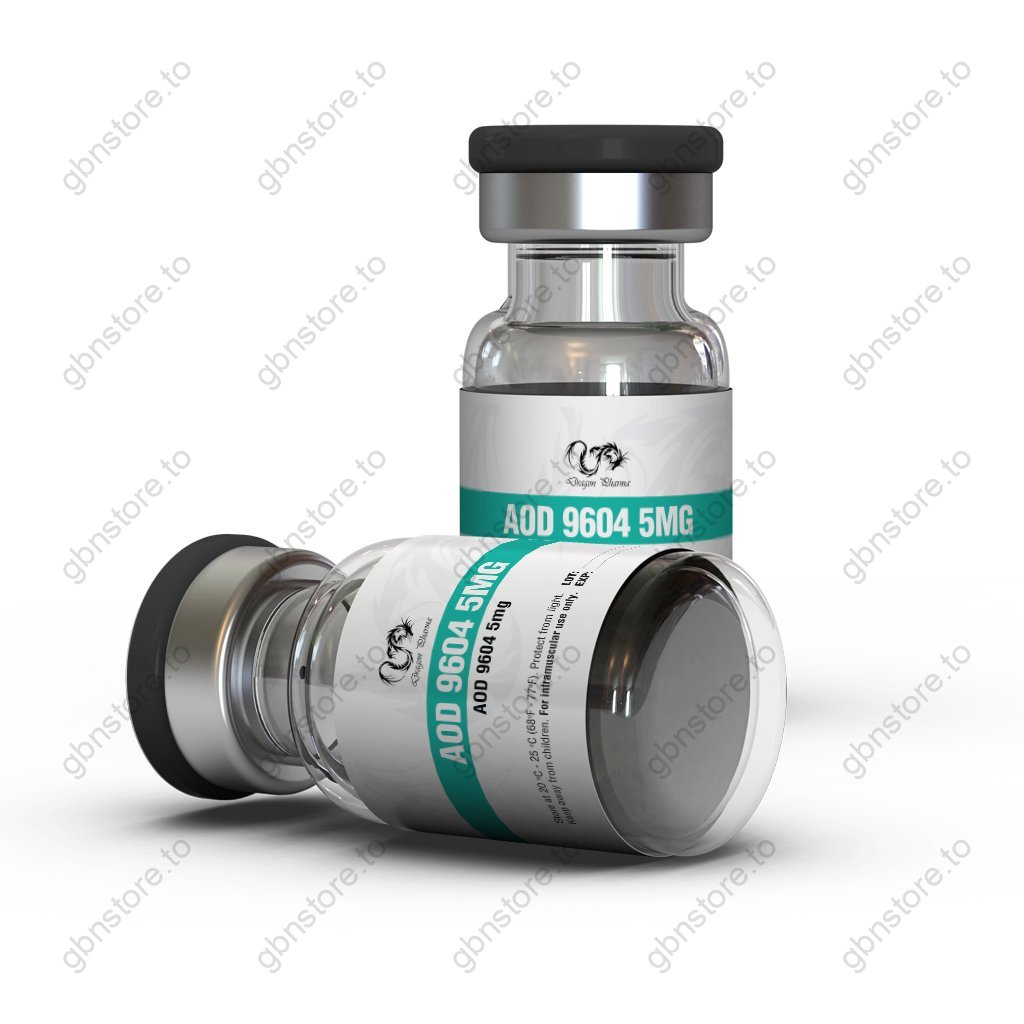


MANUFACTURER: Dragon Pharma, Europe
ACTIVE INGREDIENT: Anti-Obesity Drug 9604
STRENGTH: 5 mg/ml
AMOUNT: vial
AOD9604, also known as Fragment 176-191 or Hexarelin, is a synthetic peptide that has been the subject of significant scientific interest and research in the fields of regenerative medicine, endocrinology, and anti-obesity therapies. This compound is a piece of the larger human growth hormone-releasing factor (hGRF), specifically a 29-amino acid fragment (176-191). It was developed by Professor Frank J. S. Nargi and his team at the Monash University School of Biomedical Science in Australia.
The primary function of AOD9604 is to mimic the natural growth hormone-releasing peptides (GHRPs) in the human body, which are involved in the regulation of growth hormone (GH) secretion. GH is a peptide hormone produced by the pituitary gland that plays a crucial role in growth, cell regeneration, and metabolism. AOD9604 is particularly unique because it shares a similar molecular structure to human growth hormone-releasing hormone (GHRH) and acts on the same receptors in the pituitary gland, but with a significantly truncated length. This allows it to be more resistant to metabolic breakdown and exhibit a longer half-life than natural GHRPs.
Research on AOD9604 has shown that it can stimulate the pituitary gland to release GH without causing a significant increase in cortisol levels, which is a common side effect of other growth hormone-releasing agents. This selective mechanism of action makes AOD9604 a promising candidate for the treatment of conditions that require GH therapy but may not be suitable for standard GH administration due to cortisol-related side effects.
Preclinical studies have demonstrated that AOD9604 can induce fat loss and increase lean body mass, suggesting its potential as an anti-obesity agent. Additionally, it has been shown to enhance the healing of bone fractures, promote cartilage repair, and improve the overall quality of life in obese individuals by reducing body fat and increasing muscle mass. It has also been studied for its possible benefits in the treatment of metabolic disorders, such as insulin resistance and type 2 diabetes.
However, it is important to note that despite these promising findings, AOD9604's development has faced challenges, including concerns about its long-term safety and efficacy. It has not yet been approved for widespread clinical use, and further research is necessary to fully understand its therapeutic potential and determine the most appropriate applications. The peptide is currently available for scientific study and is not commercially available as a medication for human use without proper regulatory approval. As with any experimental substance, it is crucial to approach its use with caution and only under the guidance of qualified medical professionals.
Please log in to write AOD 9604 5mg review.